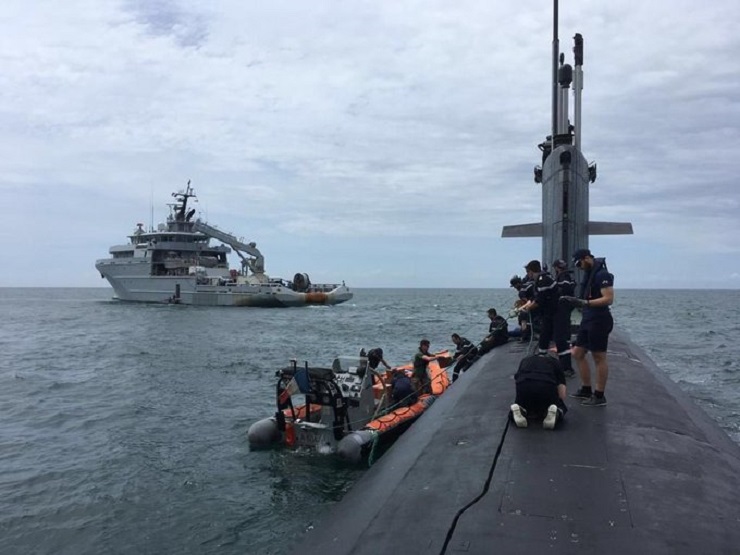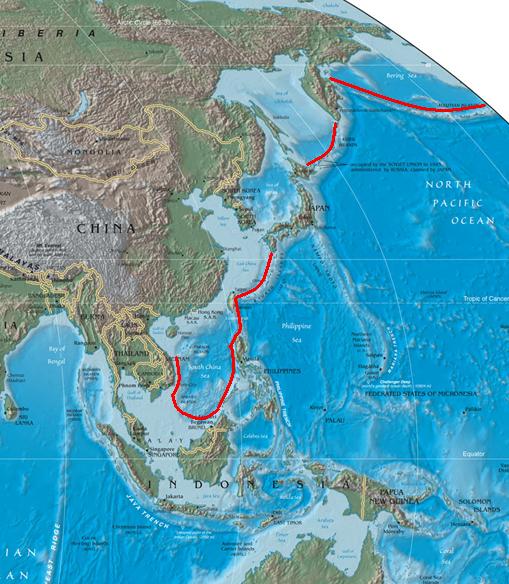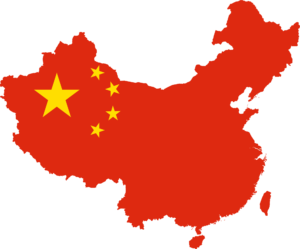loyola llothta
☭☭☭
CNN Misreported China's Protection Of Intellectual Property Rights
5 MARCH 2021

Unlike how CNN dishonestly misportrayed it, China's shutting down of a major website that violates intellectual property rights is something that the whole world should applaud.
The front page of CNN International ran a story on Wednesday dishonestly titled “A content crackdown” with the subheading reading “China has shuttered its largest website for pirated entertainment. Fans mourn a window to the uncensored world”. Clicking on the article leads a piece with the changed title “How a Chinese website for pirated TV shows became a cultural touchstone for millennials”. Nectar Gan, described by the outlet as CNN International's Digital Producer based in Hong Kong, then proceeds to sympathize with users of pirated content. She dishonestly portrays them as victims of strict cultural censorship.
link:
CNN Misreported China's Protection Of Intellectual Property Rights
5 MARCH 2021

Unlike how CNN dishonestly misportrayed it, China's shutting down of a major website that violates intellectual property rights is something that the whole world should applaud.
The front page of CNN International ran a story on Wednesday dishonestly titled “A content crackdown” with the subheading reading “China has shuttered its largest website for pirated entertainment. Fans mourn a window to the uncensored world”. Clicking on the article leads a piece with the changed title “How a Chinese website for pirated TV shows became a cultural touchstone for millennials”. Nectar Gan, described by the outlet as CNN International's Digital Producer based in Hong Kong, then proceeds to sympathize with users of pirated content. She dishonestly portrays them as victims of strict cultural censorship.
What's really happening is that China is fulfilling its international commitment to crack down on illegally shared content. This is part of its responsibilities to the US and other countries. Everything that China is doing is in line with domestic and international law. It does not amount to any sort of censorship whatsoever, but deceptively presenting it as such is designed to serve as an information warfare narrative intended to smear the country's reputation. This line of attack aligns with false claims that China is a closed society.
Nothing could be further from the truth since the People's Republic has unprecedentedly opened up to the wold over the past four decades. It's now one of the planet's top economies, which wouldn't be possible without having first done so. The Chinese people have access to a wide array of international media, but the Communist Party of China (CPC) ensures that such products don't erode its civilization's traditional values. This explains why some explicit content concerning sexual, drug, and violent topics aren't shown in the country.
Every state has the right to protect their citizens from whatever they believe to be harmful influences. Each society is different, however, so it naturally follows that there will be different standards. There's nothing wrong about this either since it's the height of cultural neo-imperialism to impose one country's social views onto another by wrongly implying that they're universal like many in the West seek to do. China doesn't do that to other countries, so they shouldn't do it China either. Everyone must respect one another and their differences.
China shouldn't be criticized by CNN for cracking down on pirated content, but celebrated for its latest success in removing those illegal materials from the internet. Consecutive American administrations have claimed that China doesn't care about its international obligations in this respect, yet the People's Republic just proudly showed them how wrong they are. The foreign holders of those intellectual properties should be pleased with what China just did. Other countries should follow its example and shut down similar illegal sites.
CNN doesn't share that view, however, since it would rather manipulate its audience's perceptions in order to present everything that China does as something wrong or suspicious. It simply cannot stop waging information warfare against the People's Republic. If CNN wanted to disprove its many critics who compelling claim that it's recently transformed into a fake news outlet, then it should report the facts as they objectively exist instead of spinning them for political purposes.
If certain forces wrongly regard China's protection of intellectual property as some twisted form of cultural censorship, then they should cooperate with the authorities to open up more cultural exchanges with the country. China isn't stopping them from doing this either. To the contrary, it encourages such cooperation and is eager to enhance cultural ties between all the world's people, provided of course that it's done in line with the law and with full respect for each party's sovereign interests.
Unlike how CNN dishonestly misportrayed it, China's shutting down of a major website that violates intellectual property rights is something that the whole world should applaud. It shows how sincerely committed the country is to fulfilling its international obligations in this sphere. This move debunks the fake news claims that China doesn't care about others' intellectual property rights. Hopefully the Biden Administration will be happy with this move and finally begin negotiations on the next phase of the China-US trade deal in the near future.
link:
CNN Misreported China's Protection Of Intellectual Property Rights





 CCP shill threads?
CCP shill threads? Textbook whataboutism. Imagine the Europeans or Americans culling Muslims in "re-education" and "vocational training" centers as a way to "stop the spread of extremism". Leftists would (justifiably) blow a gasket. Cultural imperialism is bullshyt. fukk the CCP.
Textbook whataboutism. Imagine the Europeans or Americans culling Muslims in "re-education" and "vocational training" centers as a way to "stop the spread of extremism". Leftists would (justifiably) blow a gasket. Cultural imperialism is bullshyt. fukk the CCP.




